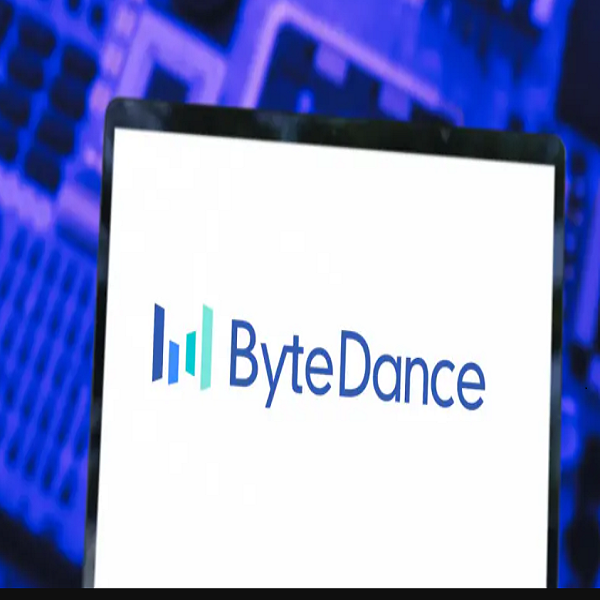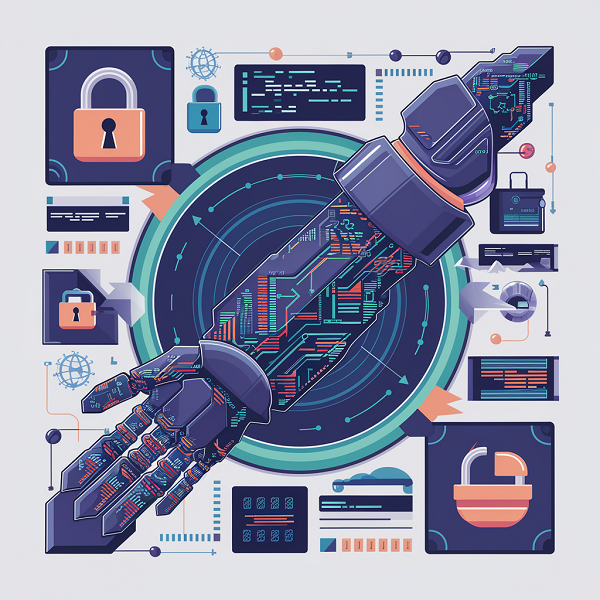TikTok’s parent company, ByteDance, in a recent incident, gained widespread attention in China’s tech community. The company confirmed that an intern intentionally sabotaged its AI model. However, there have been some disputes about the extent of the damages incurred.
Rumors on social media claimed the intern planted malicious code that disrupted ByteDance’s AI training process, allegedly causing $10 million in damages and affecting thousands of specialized computer chips (over 8,000 NVIDIA H100 GPUs).
To address these rumours, ByteDance issued a statement acknowledging that an intern was indeed fired in August this year over what they called “serious disciplinary violations.” “After internal verification by the company, it was found that an intern in the commercial technology team had committed serious ‘disciplinary violations’ and the intern had been dismissed. The company reported the incident to both an industry association and the intern’s school for further action
They explained that while the intern maliciously interfered with the model research project training tasks of the commercial technology team, it did not affect the formal commercial projects and online business, nor did it involve other businesses such as ByteDance’s large models.
ByteDance strongly denied the reported scale of the damage, calling the claims about thousands of affected computer chips and millions in losses “seriously exaggerated.” They also pointed out that the intern added misleading information to his social media, falsely suggesting they worked with ByteDance’s AI Lab rather than the commercial technology team.
However, ByteDance’s attempts to address and downplay the incident were met with doubt online. Some social media users questioned the company’s distinction between their AI Lab and commercial technology team, claiming that the team had previously been advertised as part of the AI Lab during recruitment. Others suggested ByteDance might be minimising the impact of the sabotage.
While the intern’s motivation remains unknown, this incident highlights important security concerns in AI development, particularly for ByteDance which operates major platforms like TikTok and its Chinese version, Douyin. This incident also raises questions about internal security measures and access privileges in companies developing AI and other technology as a whole. It exposes the potential vulnerabilities of AI systems to insider threats. The situation also highlights the importance of protecting AI systems, especially as companies increasingly rely on artificial intelligence for their operations





